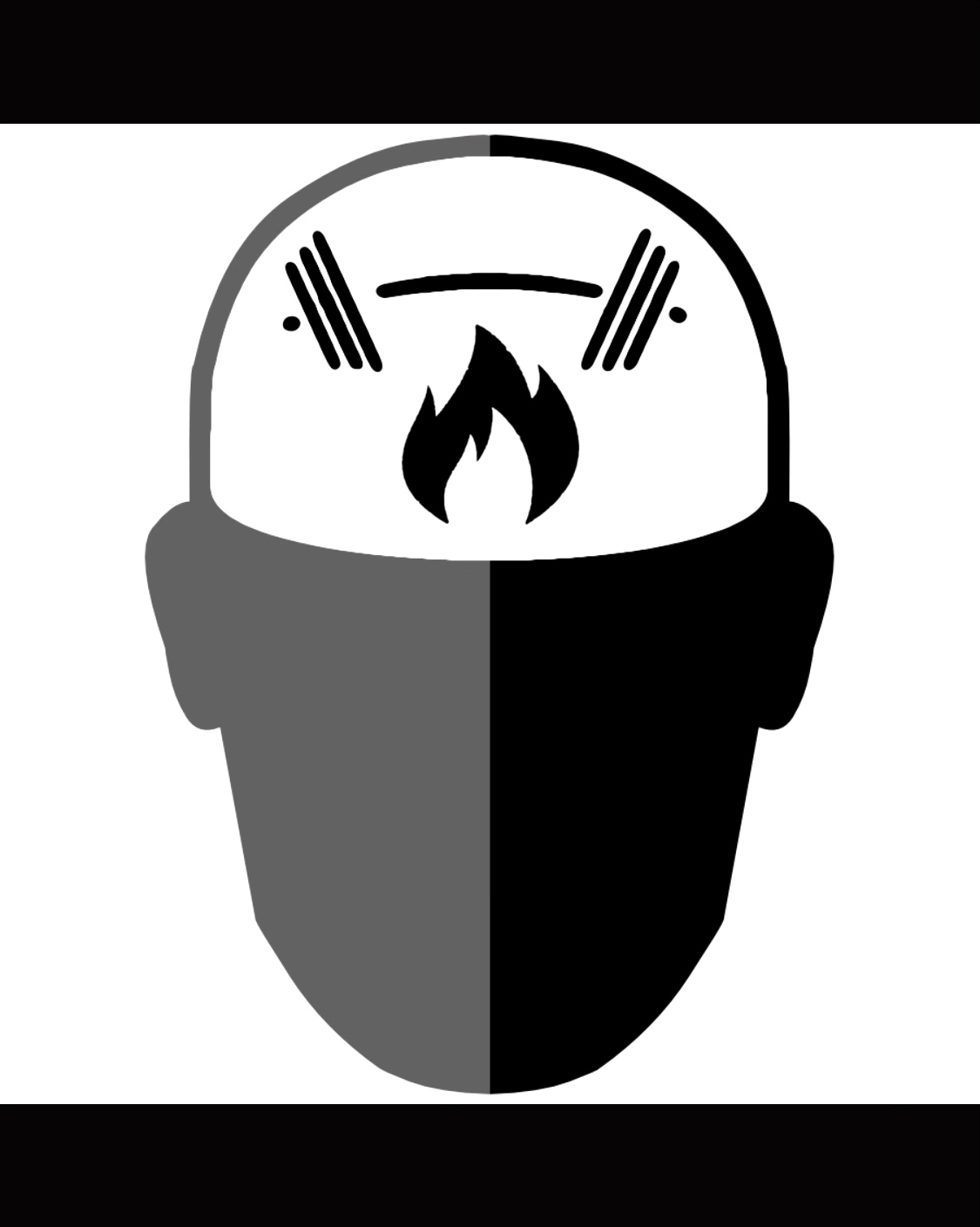Understanding self through action
I've been cleaning out some of my old notes and I wanted to record this because I thought hey that's pretty good. It goes like this. To know who you are and what you value. Don't think, act. Action identifies and clarifies. It's what you consistently choose to do that shows you who you are. And your consistent behavior doesn't lie or exaggerate. You're actually choosing to do that over and over again. And if you change your behavior, you change your identity. So I think, yeah, I'm almost positive, or at least it's attributed to him. Aristotle is said to have put together the phrase, you are what you do, consistently. Or something to that effect.
So the way I put it, that's who you are as you've been conditioned to be, or what I call your conditioned self. You, the real you, is the choosing self, at least that's the way I put it. And that's the way ancient philosophers put it as well. Epictetus considered the essence of the self to be the proeresis, which is the faculty of choice or volition. And so I just made my own mental model of that. The conditioned self, and then the choosing self.
And in life, when the going gets rough, the choosing self kind of gets put on the back burner. And you will fall to the level of your conditioning. You won't rise to the level of your aspiration. So you need to train your conditioned self to the standard of excellence that you prefer. So the question is, what are you practicing? If you feel hungry and you reach for a sugary cereal, that's going to be easier to choose next time as well. You basically practice that.
If you see somebody who is attractive and you're married or you're already in a relationship and you turn and take a better look, then you've made that choice easier to make next time as well. If you are afraid to speak in public and then someone offers you the opportunity to promote your business, if you have a business, and you decide, no thank you, you just tell them you're not interested. But you do that because of the fear, well, you've just made it easier to run away in essence next time as well.
And this one I think I wrote for myself. If you know that you must record a podcast episode but you instead decide to watch Netflix because it relieves the stress, it feels a little bit easier obviously, then you've just made the avoidance of important tasks easier next time. So it won't feel good necessarily to eat a healthy salad instead of a sugary cereal. It'll take effort to keep from turning around and having a look at that attractive person. It will feel uncomfortable speaking in public. And it'll feel a little bit uninspiring, frustrating, dumb to record an episode of a podcast if you don't feel like it.
But that's the price to be paid. The good feelings of having done something that you know you must do or that you want to do aren't automatic yet. It will take effort until. And you will be uncomfortable for a while. You'll feel uninspired and stupid and you'll get better. You need to improve as you move. You can't improve before you move.
Without movement, without any physical action, behavior, there's nothing to improve. You have nothing with which to receive feedback from the environment, from your results. You'll learn nothing useful. You must act. And I've got this little saying that I have called S.O.D.A., and it stands for Simple Obvious Direct Action. That's what you take. Just take the simple obvious direct action that is in front of you. Now you have information on how to proceed that you couldn't have got any other way.
So thinking is much more beneficial when you act. So get into action. Do it.
